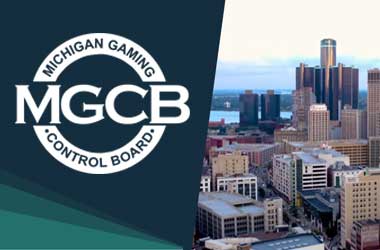 Summary:
Summary:
- The board is being questioned in the legitimacy of its effort to fight illegal gambling.
- An increase in electronic gaming machines in bars and restaurants in Michigan has been seen.
- The board says such games are illegal and should not be allowed in the state.
This week, the Michigan Gaming Control Board (MGCB) has felt the need to refute assertions that the group is not legitimate in its fight against illegal gambling and protecting state citizens.
The focus is on casino-style slot games that are identified by the manufacturers and operators as ‘skill games’. The board says it will continue to investigate such gaming options and ensure the protection of players with proper regulation.
Increase in Electronic Games
Over the years, there has been an increase in the number of electronic gaming machines offered in Michigan restaurants and bars. The game suppliers state that the machines have an element of skill and are exempt from gambling prohibitions in the state. The suppliers say the games qualify as a redemption game based on MCL 750.310b.
Henry Williams, the MGCB Executive Director, stated that as the regulatory authority that oversees the commercial and online casino industry in Detroit, the board is committed to upholding the integrity of gambling regulations and ensuring that the gambling environment is fair and responsible.
Williams says the games must be clarified as non-exempt from the penal code and that the individuals operating them face enforcement action.
Ongoing Investigations
The Board continues to investigate such operations and has found that the games do not comply with the requirements of MCL 750.310b as they operate like slot machines, with the win depending on random circumstances that the player does not control.
The illegal use of such games has been connected to cash prizes, Visa gift card prizes, and false legality claims. The Board feels that the operations of such games in Michigan put citizens at risk as they have no way to fight back if they are cheated or taken advantage of.
The unregulated games also reduce the state’s revenues, which are short-term taxes and earnings used to support schools and local governments.
The Board is hopeful that its effort to provide businesses with educational materials and tools to ensure that machines comply with state laws will help to cut down on the number of illegal machines. The materials are also available online to ensure the public can see how the Board is trying to tackle this issue.
The Gaming Control Board feels that misinformation is undermining its efforts, as businesses and the public believe that the machines they offer or play are legal when they are not. Over the past few years, as many as 29 people have been convicted for offering illegal games, and the board continues to investigate and charge those who provide illegal games in Michigan.

